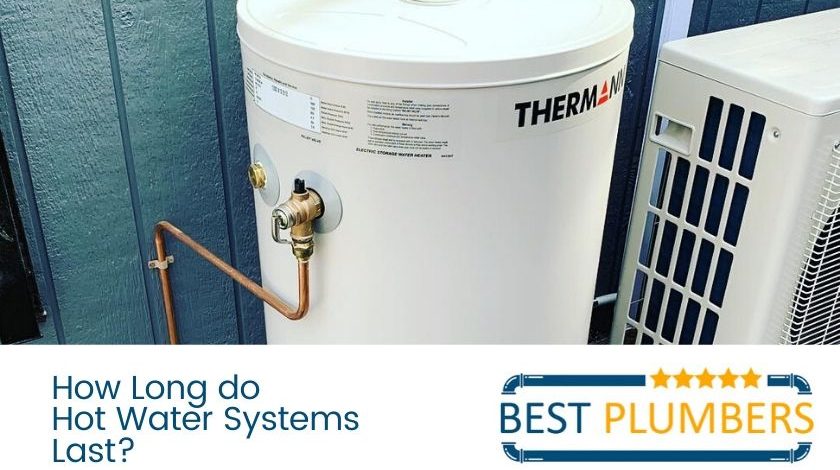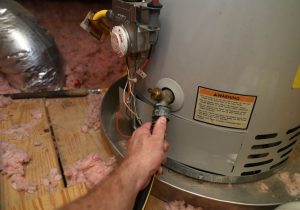We all need hot water in our home for various vital reasons. The breakdown of a hot water system is a chilling prospect for anyone! Sometimes, we may be lucky enough to fix a broken hot water system, and other times, we may need a new replacement unit. But how long should a hot water system actually last?
Let’s explore how long your hot water system is expected to last and how to ensure you get a maximum lifespan from it. Why? This knowledge can save you money on repairs and also help decide which new system is best for you.
What determines the lifespan of a hot water system?
You should be able to get up to 10 years of use out of a hot water system. However, this is not always the case, if we factor in the differences in manufacturer warranties and other exceptions.
A hot water system is either tankless (continuous flow) or with a storage tank. In the case of the latter, they can come in different build materials, which ultimately determines their life expectancy. For instance, a mild-steel tank will offer five to ten years of use, same with enamel-lined tanks. The life expectancy of a copper tank hot water system is between seven and ten years, while the heat pump and stainless-steel tank models offer ten years of use.
Please note that getting these levels of life expectancy from the hot water systems is only feasible with attention to hot water system maintenance. For instance, you may need to replace parts like anodes every five years to keep the system in the best shape. Your local plumber can handle this for you.
In colder climates, the cooler environment and input water temperature places more strain on the system. So maintenance is even more important to avoid common hot water problems in winter.
When should you replace your hot water system?
While the best way to know when a hot water system is due for a change is by knowing the age, there are some peculiar ‘old-age’ signs you should also watch out for. We will highlight some of these signs below.
Does the water feel less hot than average, or it runs out quicker than usual? Both translate to low hot water pressure and a drop in the efficiency of the heating element. Replace the heating element, and if there is still no improvement, replace the whole unit.
A noisy hot water system is another disturbing sign of a failing system. The valve may be the culprit if the noises are minimal. In this case, replace the valve. If the noise is really loud, there is probably a big issue that may warrant replacement, unless you’re actually hearing water hammer in pipes.
The wear and tear of the hot water tank may also warrant getting a replacement. The most obvious sign here is the presence of rust around the fittings. In this case, invite a plumber to inspect the unit. They will either repair or recommend a replacement hot water system.
What are the warranty considerations in hot water systems?
While it is not impossible to get replacement units from your manufacturer as part of the warranty, you must have satisfied certain criteria and conditions for this to happen. First, the warranty must not have expired. Second, your reason for demanding a replacement must fall under the poor workmanship, and not the accidental damage category.
Lastly, you may forfeit your warranty rights by using non-genuine replacement parts on your unit. So, it is best to always use parts made by your manufacturer.







